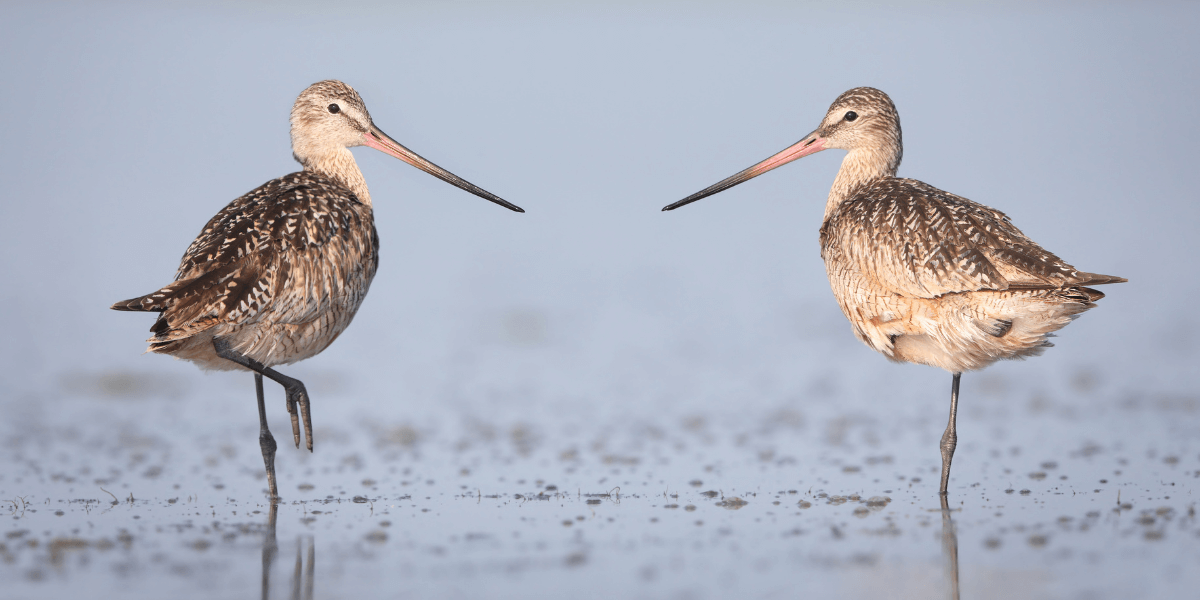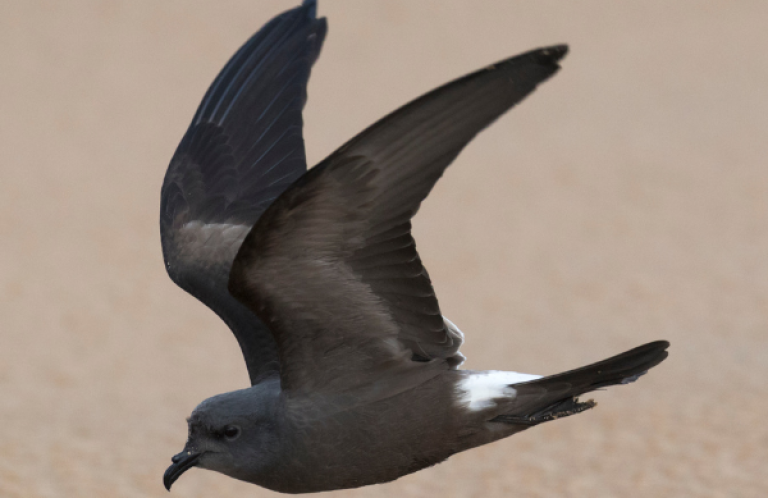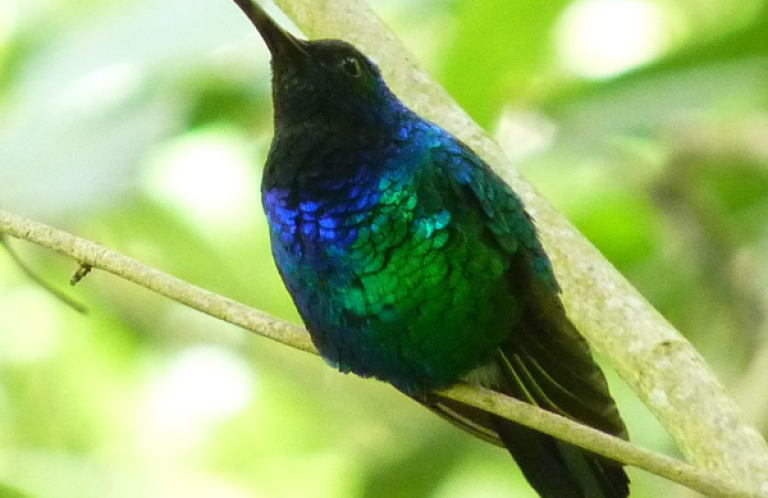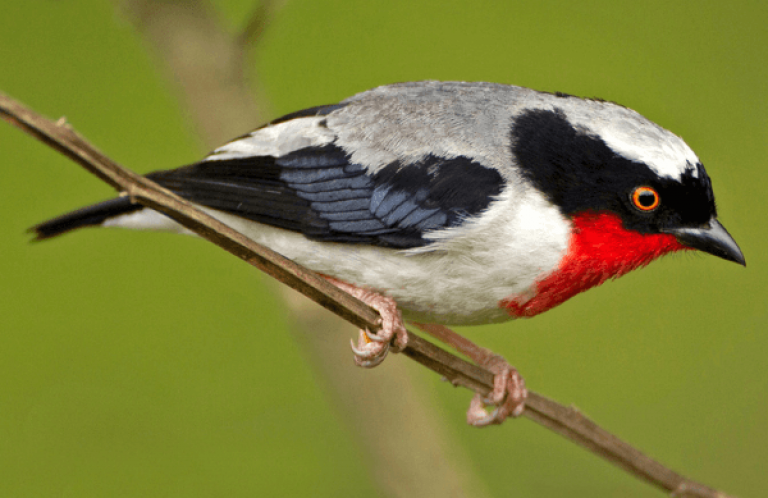Judge Rejects Effort by Utah Officials to Derail Great Salt Lake Lawsuit

A state district court judge today paved the way for a landmark public trust suit over Utah's failure to protect the Great Salt Lake to move forward, despite the objections of state officials. Judge Laura Scott agreed with plaintiffs that Utah's public trust doctrine encompasses navigable waters like the Great Salt Lake and denied “in substantial part” the state's motions to dismiss the lawsuit.
Conservation and community groups celebrated today's decision as a step in the right direction toward holding the state accountable.
“Americans can celebrate today's court ruling to help compel Utah to help protect the Great Salt Lake levels because without today's victory, we know that Utah's only plan to save this precious aquatic ecosystem is to drown us in hype and marketing,” said Zach Frankel, Executive Director of the Utah Rivers Council.
“As this lawsuit has proceeded, it has become ever clearer that Utah state officials are not taking effective action to address the overwhelming cause of the Great Salt Lake's decline, which is excessive water diversions upstream of the lake,” said Stu Gillespie, Senior Attorney with Earthjustice's Rocky Mountain Office. “We look forward to continuing to fight for meaningful solutions that will provide enough water to the lake for the people and wildlife that depend on it.”
In her decision, Judge Scott rejected state officials' argument that the public trust in Utah does not protect the waters of the Great Salt Lake, stating: “Despite hundreds of pages of briefing, Defendants have failed to explain how the public trust doctrine can possibly protect the acknowledged ‘public trust values of navigation, commerce, and fishing' if there is no obligation to preserve the waters themselves.”
Conservation and community groups sued the state of Utah in 2023 over the state's failure to ensure that enough water reaches the Great Salt Lake to prevent ecological collapse. Excessive upstream diversions have deprived the lake of water, causing a significant drop in water levels that threatens its unique ecological values, including the millions of birds, from ducks and pelicans to the increasingly rare Wilson's Phalarope, that depend on it. The dry lakebed has also left previously submerged toxins like arsenic and mercury exposed to the air, where they are borne by the wind into vulnerable communities. The lawsuit says state officials have breached their trust obligations to Utahns by failing to take appropriate and necessary action to address the crisis and protect the lake.
“The more research that is published relevant to Great Salt Lake dust, the more obvious it is that allowing the lake to continue shrinking represents an unprecedented health hazard that only adds to the already significant air pollution woes of the Wasatch Front,” said Dr. Brian Moench, President of Utah Physicians for a Healthy Environment. “Today's ruling gives everyone who lives in Northern Utah a much better chance at avoiding that outcome.”
“While there is still work to be done, we are making progress in what's needed to maintain a healthy environment and prevent further declines of birds and wildlife,” said Michael J. Parr, President of American Bird Conservancy. “Preservation of the Great Salt Lake will benefit millions of saline-dependent birds including Eared Grebes, Marbled Godwits, and American White Pelicans.”
“By rejecting Utah's attempt to kill our case, Judge Scott has given the Great Salt Lake a fighting chance at survival,” said Deeda Seed, a Utah-based campaigner at the Center for Biological Diversity. “This is a welcome bit of good news, even though the Great Salt Lake is still in crisis with no meaningful plan to fix it. A critically important ecosystem hangs in the balance, as well as the health of all the people and animals who're part of it. This decision gives us the chance to put together long-term solutions to save this spectacular lake.”
“The state of Utah has neglected the Great Salt Lake and the communities that rely on it for far too long,” said Maria Archibald, Sierra Club Utah Chapter. “Today's ruling brings a much-needed glimmer of hope that the state may finally be held accountable to uphold its public trust obligations — both to the lake and to the people of Utah.”
A study released earlier this year found that upstream water reductions are needed to save the Great Salt Lake. The study noted that the lake's shrinkage is attributable to human consumption of 62 percent of river water that would have otherwise reached and replenished the lake. The study proposed a target goal of reducing human water consumption by 35 percent to stabilize and begin refilling the lake.
Earthjustice is representing Utah Physicians for a Healthy Environment, American Bird Conservancy, Center for Biological Diversity, Sierra Club, and Utah Rivers Council in the suit.
###
American Bird Conservancy (ABC) takes bold action to conserve wild birds and their habitats throughout the Americas. Inspired by the wonder of birds, we achieve lasting results for the bird species most in need while also benefiting human communities, biodiversity, and the planet's fragile climate. Our every action is underpinned by science, strengthened by partnerships, and rooted in the belief that diverse perspectives yield stronger results. Founded as a nonprofit organization in 1994, ABC remains committed to safeguarding birds for generations to come. Join us! Together, we can do more to ensure birds thrive.
Media Contact
Jordan Rutter
Director of Communications
media@abcbirds.org


















































